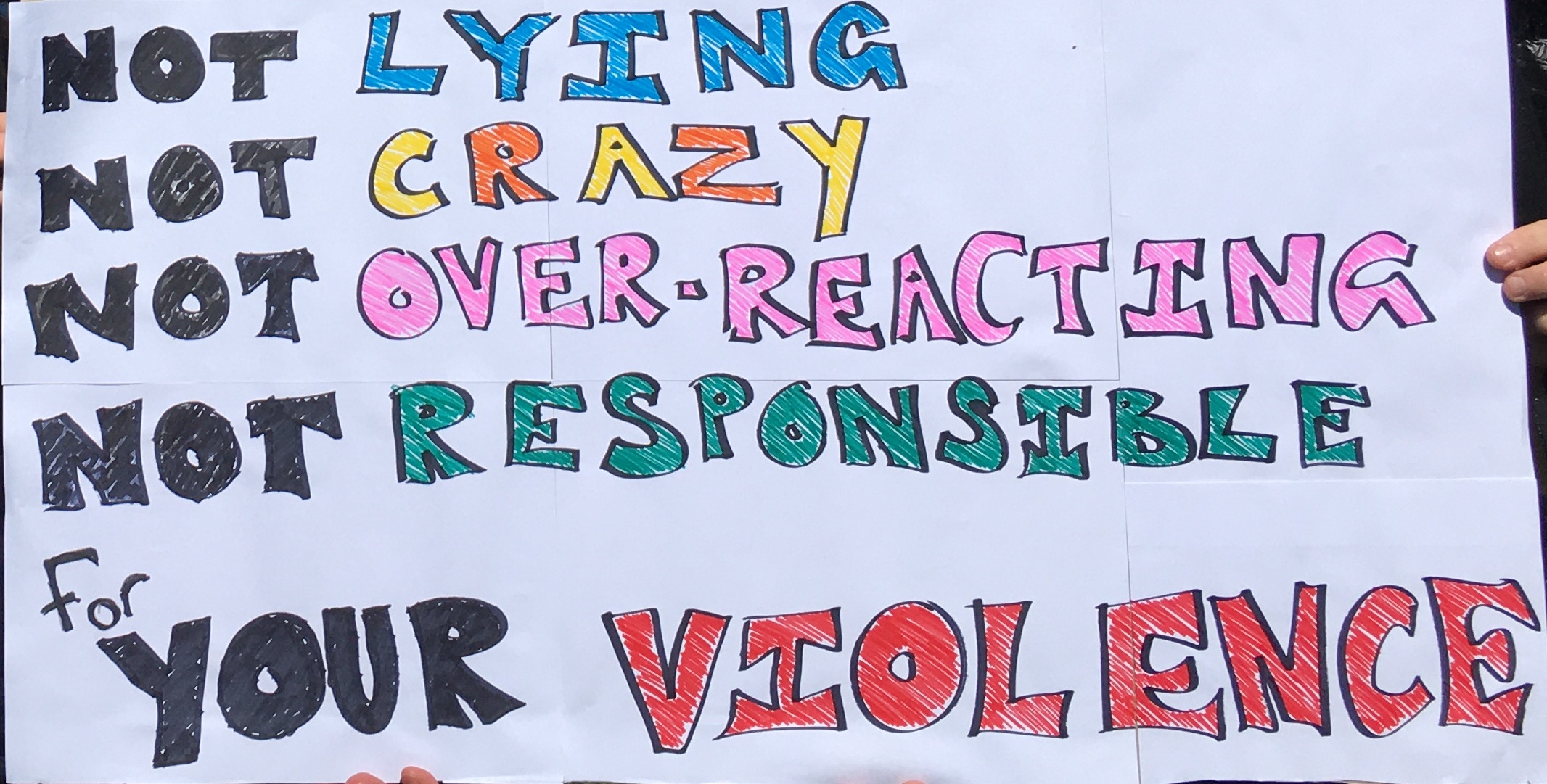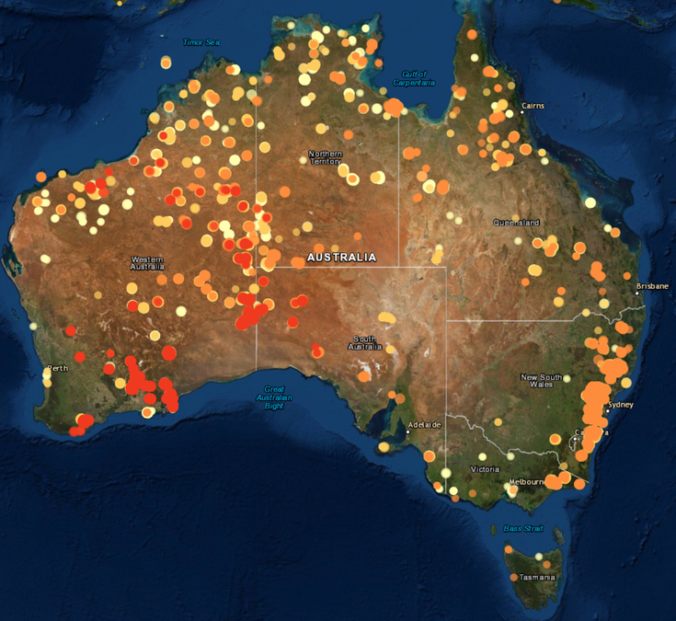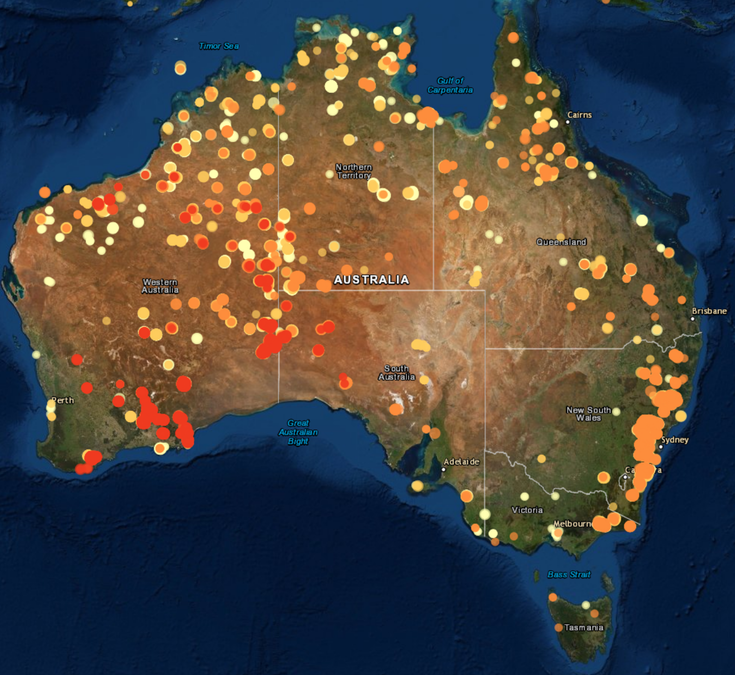I did go to Canberra. I took the names of 48 people with me – friends, family members, colleagues, church people, and a few precious strangers who found me here or on social media and asked to be represented.
I stood among the others at the protest, with my sign, and listened to the speakers. Afterwards, I took myself and my sign to the smoking ceremony offered by the Aboriginal Tent Embassy, before adding my own name to the sign, and depositing it with the National Library of Australia. We are all part of the record of history, now.

And then I flew home, and went back to work, where I was promptly buried in grants and the logistics of in-person seminars, followed by an extremely full weekend of singing and writing work. It feels like there has hardly been time to think, let alone to write anything here.
I’ll be putting up a couple of backdated posts in the next few days, with my thoughts from just before and just after the rally. But it feels right to reflect a little on where we are a week later.
Mostly, I am a week angrier.
I mean, I didn’t really expect immediate change. I didn’t even expect that Morrison would come to the rally. Listening to women isn’t something he does. If he couldn’t even be bothered to read the accusations against Porter, he was hardly going to bother with the likes of us.
On the other hand, I really didn’t expect him to come out with that line about protestors in other countries being met with bullets, either.
He has been saying since that he was misunderstood and mis-characterised, but every woman I know (and plenty of men) heard it for what it was.
Aren’t you lucky we are letting you come and protest like this? Aren’t you lucky we are only raping you and not killing you? How good is Australia? Now, go home and be quiet and be grateful that we aren’t hurting you more. Because we could, if we wanted to.
I actually do believe that Morrison didn’t mean it the way it sounded. I think he is genuinely so utterly oblivious to the idea that women might have thoughts that are not his thoughts that he really just thought he was cleverly distracting us with talk about Myanmar. No wonder he is so offended to have been misunderstood.
(Though… you would think a guy who used to work in advertising would be a little better at communicating his message, wouldn’t you?)
I also want to talk about how it feels to be a woman, and a survivor of sexual assault, reading the news in Australia right now.
While there are some really fantastic journalists (mostly women, but a few good men, too) and politicians who are saying the right things, I am seeing plenty of messages like this:
What if it wasn’t true?
Look at her diary, she’s clearly crazy.
How can we believe her? It’s just he said, she said…
This should be left to the police.
The poor man is devastated by these accusations.
She was drunk, what did she expect?
Let’s create an app to record consent and prevent misunderstandings.
I think the people who write things like this are afraid. Afraid that they will be misunderstood, or lied about. Afraid that maybe they have done something that wasn’t quite consensual, and they will get called out for it. Afraid that suddenly, something they did a long time ago which they have mostly forgotten about will come back to haunt them. They are thinking of one specific person or one specific incident.
The trouble is, they are talking to all of us.
Here’s what survivors see when they read these messages.
You’re lying.
You’re crazy.
You’re overreacting.
It’s your fault anyway.
He probably didn’t realise you didn’t want it.
Do you really want to ruin his life over a misunderstanding?
If you come forward, nobody is going to believe you.
One friend tweeted that it’s like being raped all over again. It’s definitely re-traumatising. We already have the voices inside us that say maybe we really are over-reacting, maybe we are being unfair, maybe we are crazy. We already have that fear that if we say anything we will be forced to justify our clothes, our location, our activity, our reasons for associating with that person in the first place. We already suspect that we won’t be believed.
It’s really not helpful having senior political figures and journalists reinforcing that.
And speaking of things that are unhelpful, here is a tangible example of where this sort of denial and stonewalling leads to. Kenja Communications, a spiritual self-help group, has refused to join the National Redress Scheme for survivors of institutional child sexual abuse, citing the Porter case as precedent:
“Anyone can contact the scheme and say they were abused as a child and without due process, in fact it appears without any real process, can receive up to $150,000 in compensation,” the statement said.
“We are of the view that recent events including the Christian Porter case confirm the legitimacy and appropriateness of the position we have taken regarding not joining the National Redress Scheme. In our respectful opinion, if it is proper for the Attorney-General to invoke the rule of law, it is also proper for us.”
Thank you so much, Mr Porter.
As for today’s revelations… look, I think it is essential that we do not conflate consensual sex acts (even ones in extraordinarily inappropriate locations) with sexual violence. We cannot allow today’s reports to turn the narrative from one of sexual abuse into one of sexual scandal.
But it cannot be denied that a workplace where men feel free to masturbate on the desks of their female colleagues and share the photos with their friends is clearly a workplace with some extremely concerning ideas about sex and gender. And while these may not rise to the level of condoning rape, they are absolutely indicative of a culture that has a big problem with women in power.
It’s telling, I think, that the wanker in question was a staffer, and the desk was that of an MP. It sends a message that says “You may think that you are more powerful than me, but you are still beneath me. You are still just something to be used for sex.” It takes an interesting combination of insecurity and confidence to need to send a message like that, I think.
(It is, of course, also an example of unwanted and unsolicited sexual behaviour. The MP did not consent to this. She may not have been present, but it was something that was done with the intention of humiliating her and ‘putting her back in her place.’)
So what happens now? I have no idea. This has been going on for a month now, but it feels interminable. I think the government really is hoping it will blow over soon, but I don’t think it can. It is too personal for too many people.
(On a lighter note, I just want to note that the last time I went to Parliament House, Tony Abbott was gone a week later. The magic doesn’t seem to be working so well this time, but I want you to know that I did do my very best.)
Sexual assault support services:
- 1800 Respect national helpline: 1800 737 732
- Lifeline (24-hour crisis line): 131 114
- Beyond Blue: 1300 224 636



